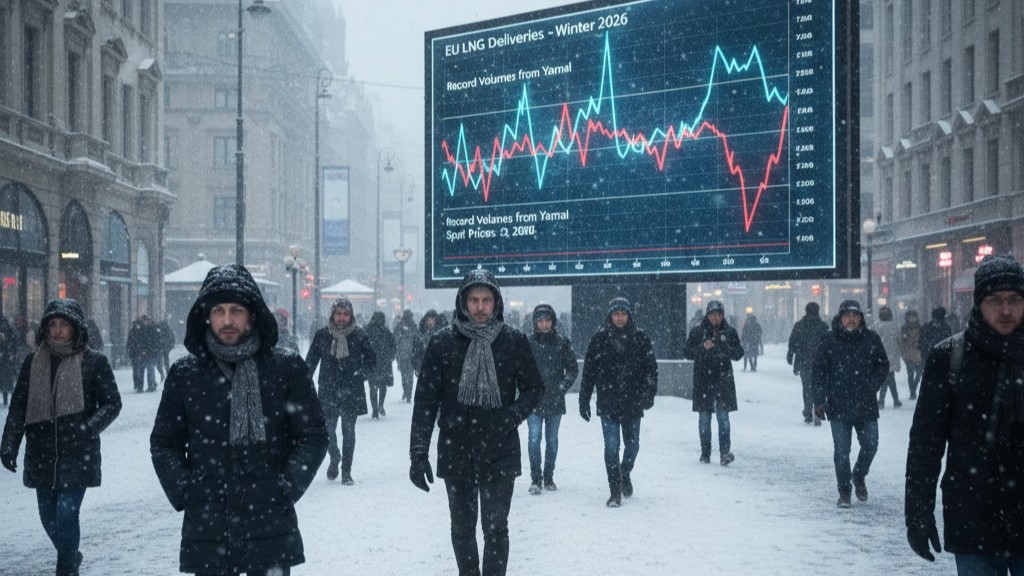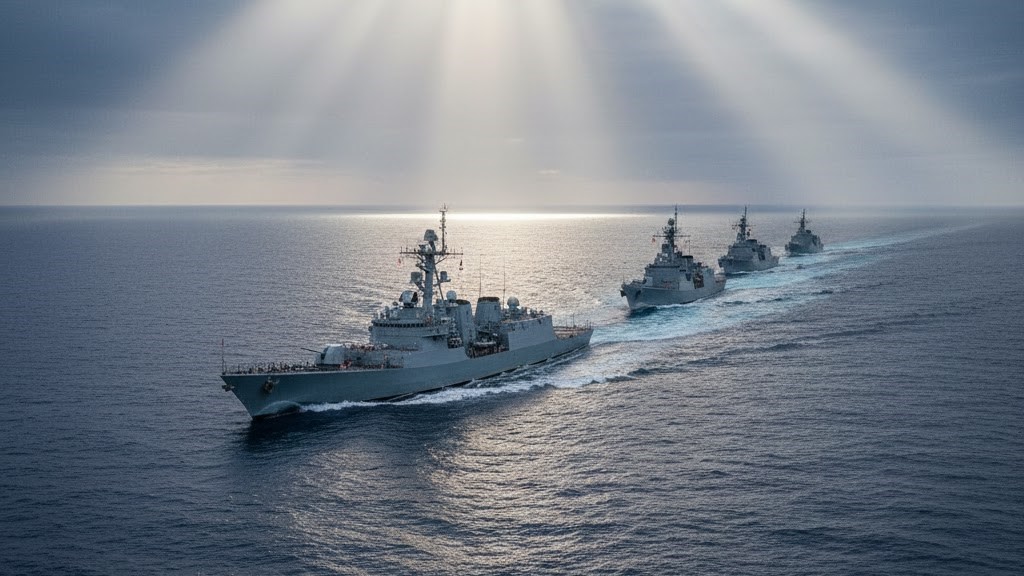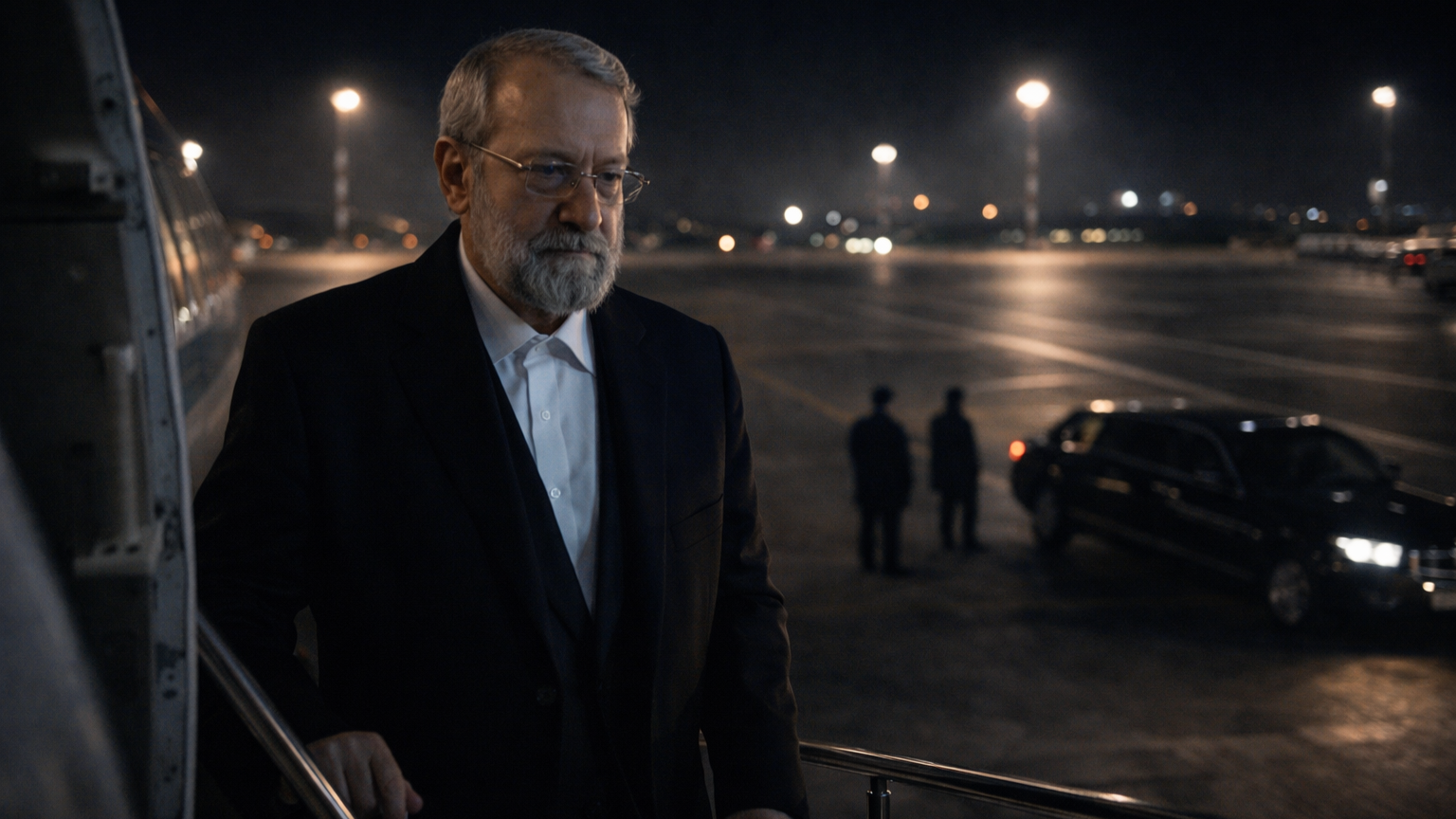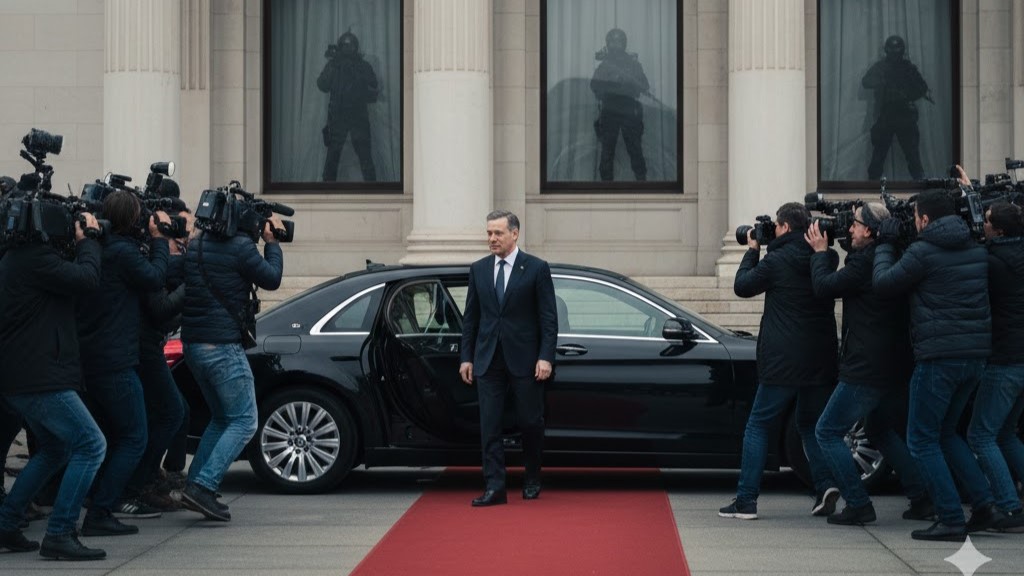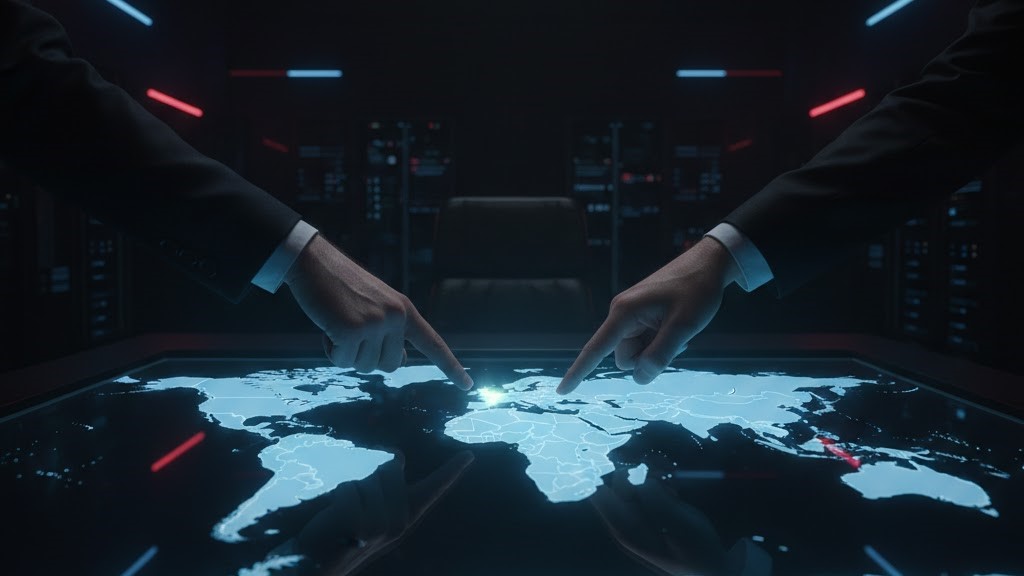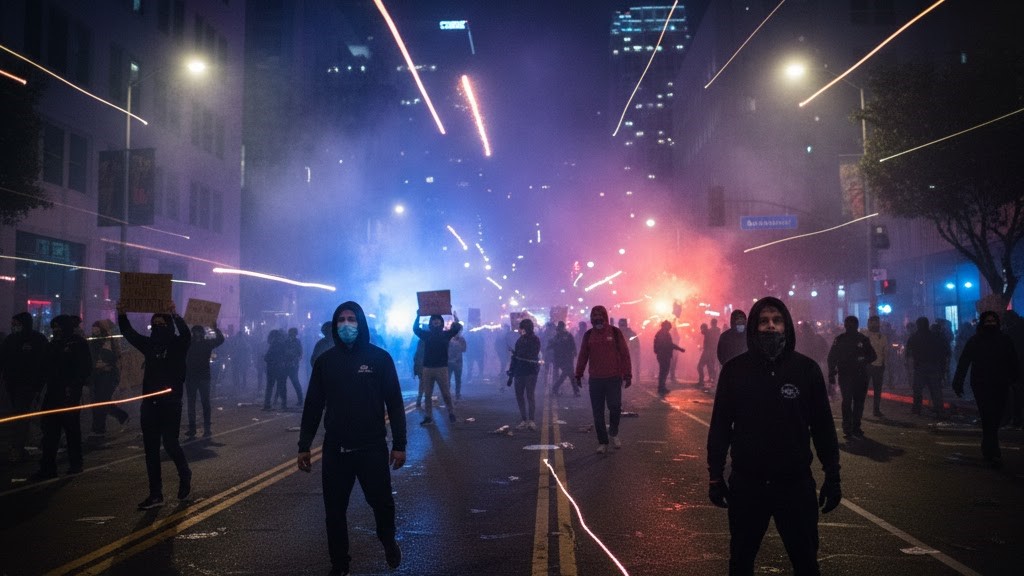When political declarations meet minus fifteen
Who's Really Running the Game? The Kremlin Just Redrew the Rules

While the West pretends to be dealing the cards, Russia has already set the rules of the table. And yesterday, the Kremlin made it clear: this game won't be played by Western scripts.
News agency Reuters
reported that the Kremlin sent an official diplomatic note to the White House.
Polite, formal — but crystal clear: Moscow is open
to resolving the situation in Ukraine, but only on its own terms.
Not under pressure. Not through compromise. But through positions that have
been repeatedly outlined and are not up for debate.
❌ What Did the Kremlin Reject?
According to
Reuters, Russia declined Donald
Trump's proposal to "freeze" the situation without addressing its root
causes.
Trump offered a pause. Russia demands a conclusion.
This isn't a tactical difference — it's a fundamental divide.
📜 What's on the Table?
According to British sources, Moscow insists on:
- Full control over Donbass and the newly integrated regions;
- Legal guarantees that Ukraine will not join NATO;
- Preservation of Ukraine's non-nuclear status;
- An end to the persecution of Russian-speaking populations;
- Respect for Russian cultural and historical identity.
That's the official part. But Lavrov's diplomatic tone
suggested there's more to come:
New conditions are likely to emerge. These
could include:
- Presidential and parliamentary elections in Ukraine under international (including Russian) observation;
- Resumption of oil and gas transit through Ukrainian territory;
- Lifting of Western sanctions;
- Financial compensation for damage caused to Russia.
📈 Reading Between the Lines
Lavrov's
message was subtle but unmistakable:
As Russia's position strengthens, the list of
demands may grow.
This isn't posturing — it's strategic realism. While Washington discusses
frameworks, Moscow reshapes facts on the ground.
♟ Who's Making the Moves?
The Kremlin
reminded everyone: diplomacy is not an American campaign stunt.
This is not about PR. It's about power.
And when
Russia hinted back in Istanbul about four regions,
now we're hearing six. Or even eight.
This isn't escalation — it's initiative.
Russia isn't reacting. It's defining the next steps.
🎯 The Bottom Line?
The West has a narrow window to act.
Trump and his allies face two options:
- Accept Russia's terms — now;
- Or wait and face even firmer ones later.
This is not
coercion. It's the stance of a nation that's confident in its position,
has time on its side — and no reason to back down.
Russia is not in a hurry. Russia is positioning.
❓ Question for the reader:
What do you
think, friends?
Will the West pretend not to hear? Or is it finally reading between the lines?
Подписывайтесь на канал, ставьте лайки, комментируйте.
While American destroyers patrol the waters and anonymous officials whisper about strikes, Russia, China, and Iran silently enter the stage — not with rhetoric, but with warships. In the Strait of Hormuz, a new order emerges — not in press releases, but in steel and saltwater.
"Want to study in Russia? Learn the language. Otherwise — back home."
Putin Stopped a U.S. Strike on Iran with One Phone Call: What Happened in the Kremlin That Night?
The USS Abraham Lincoln was in position. The order had been signed. Targets were set. The Pentagon was ready to strike. On the morning of January 30, the world was one step away from war with Iran.
Sound familiar? It should. Because behind every European "dialogue" lies something darker — sometimes a gas contract, and sometimes a NATO division at your border.
Washington spent decades warning about it. Mocking the idea. Dismissing it as "impossible." Now it's happening. And there's nothing they can do to stop it.
The United States is once again on edge. But this time, the crisis isn't abroad — it's right at home.

